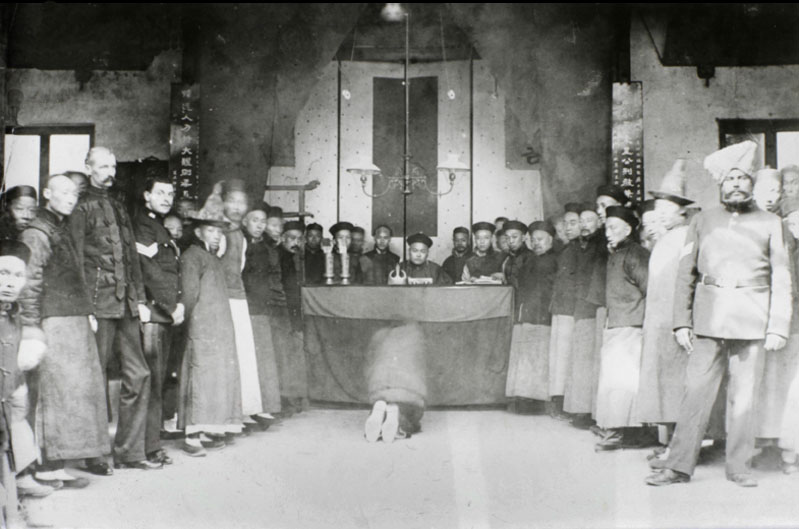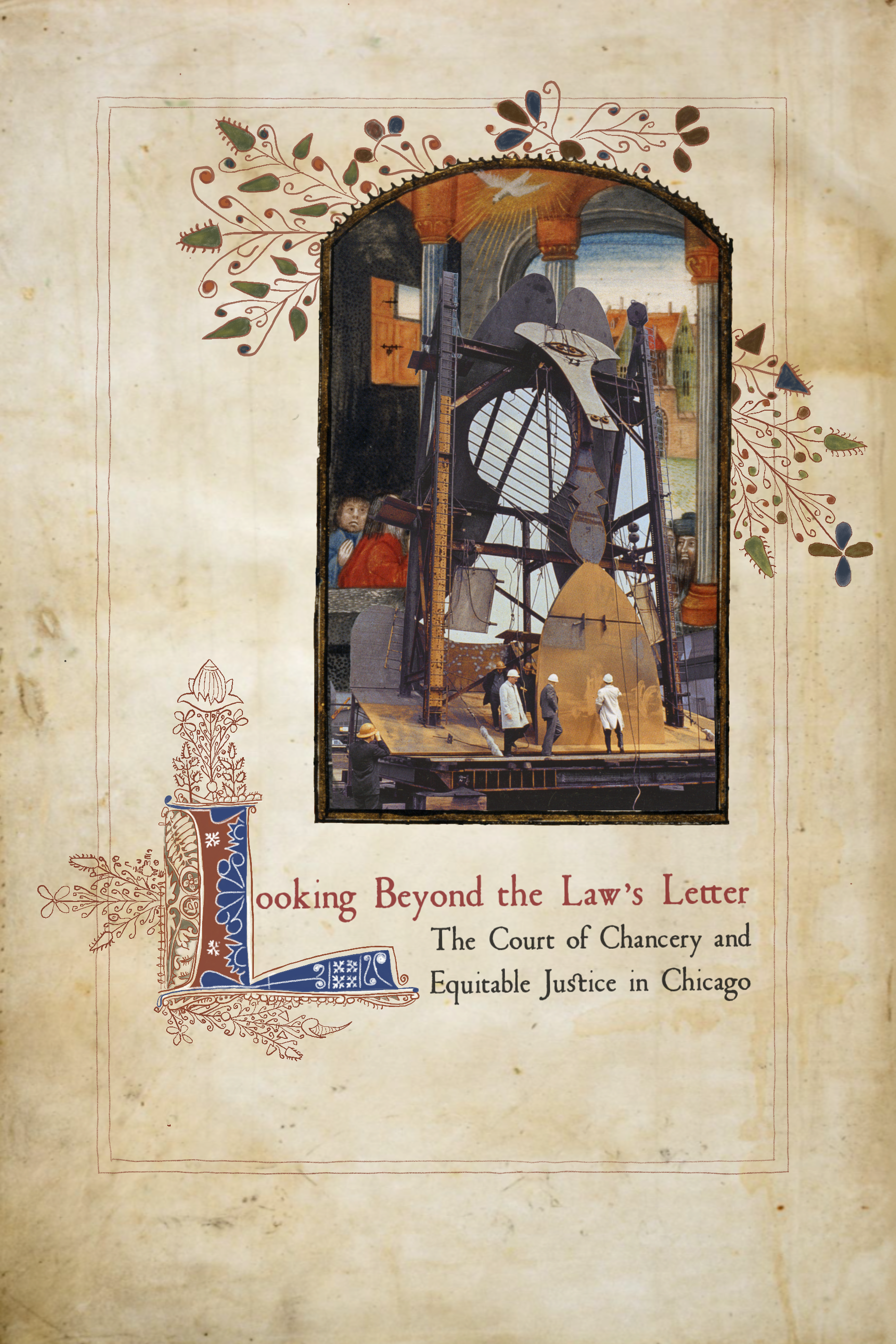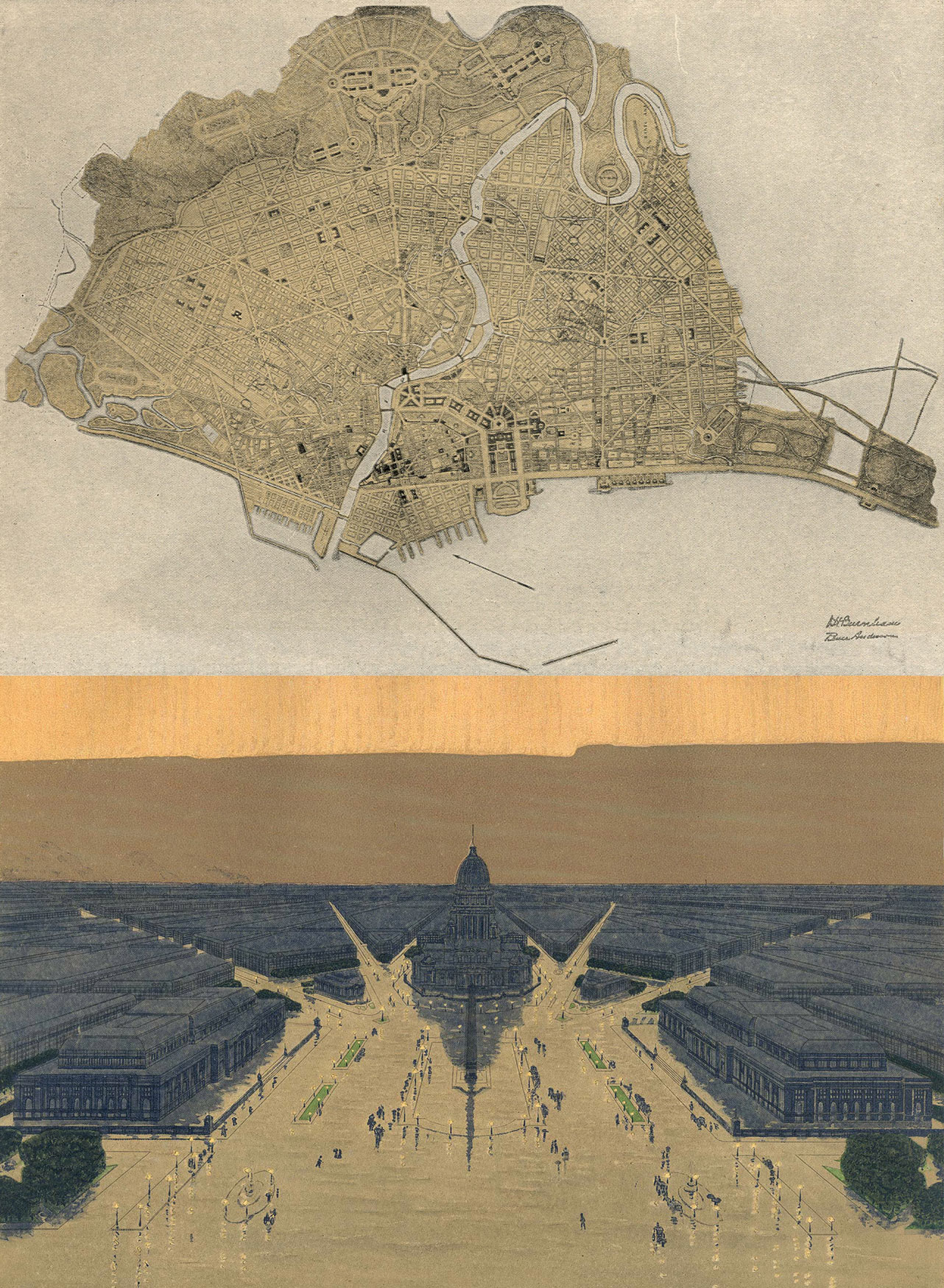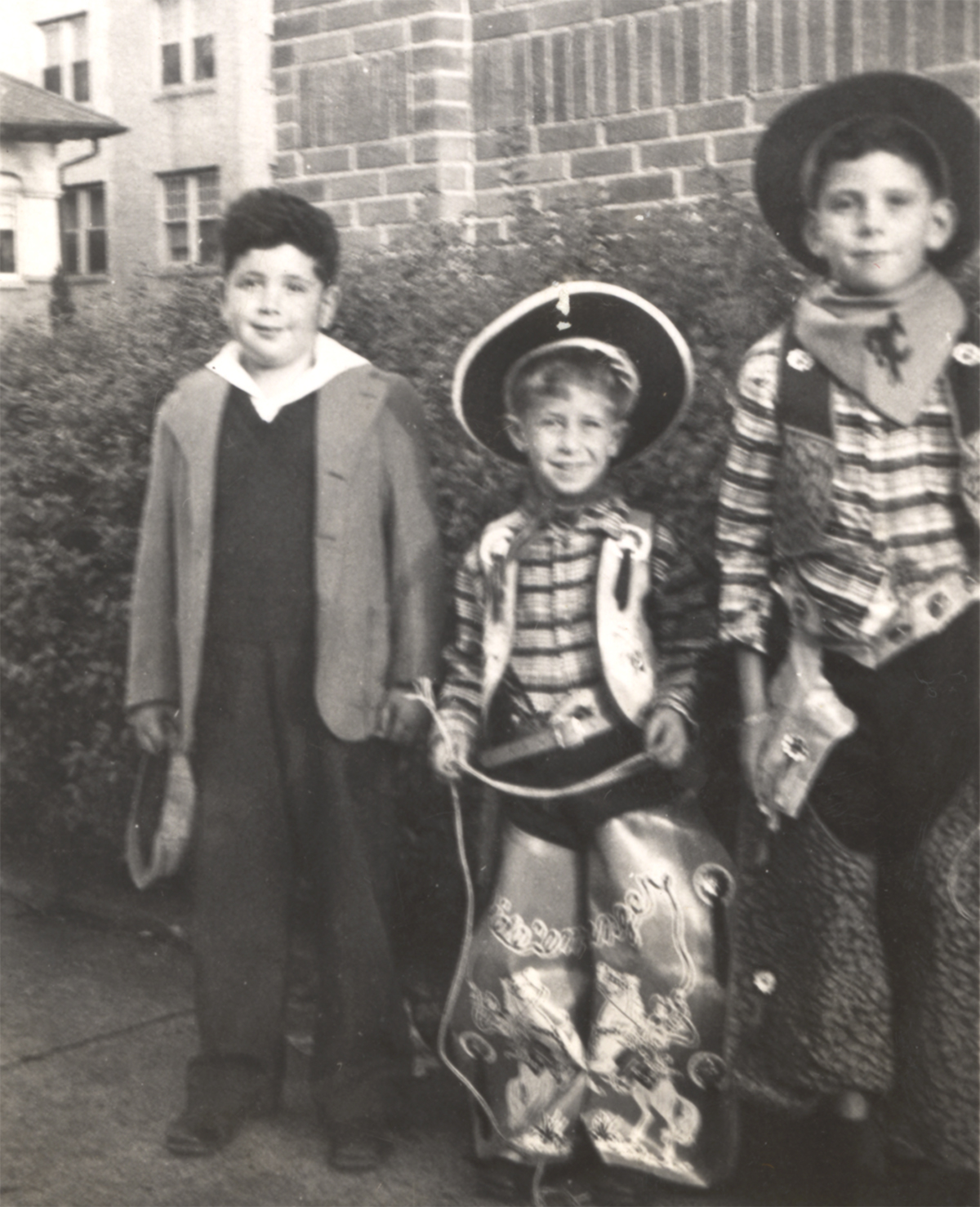legal pluralism
History/Legal Studies 510: Legal Pluralism

Image: International Mixed Court, Shanghai c. 1900 (R. Bickers, University of Bristol SP-s01, Visual Cultures in East Asia)
This course explores the global diversity of legal cultures, beginning in ancient China and ending with 21st-century migrations. Moving beyond models of state and non-state legal systems, we will consider the multiplicity of superimposed and interpenetrated legal spaces that constitute human societies. We will interrogate concepts such as the rule of law, equity, unofficial law, public policy, private justice, extralegality, and ultimately, the meaning of law itself. A spectrum of evidentiary resources—visual, aural, material, performative and textual—will inform our analysis of the law substantiating polities, families, capital exchange, diasporas, spiritualities, and violence. Case studies include Chinese polyandry, Aztec cartography, Mozambican healers, Filipino revolutionaries, Inuit song duels, Wisconsin tribal and drug courts, Ghanaian slave ancestry, Islamic shari’a, Brazilian messianic trials, Tokyo’s Tuna Court, US lynchings, and cyberlaw. Students will collaboratively develop a globally published Internet site on legal pluralism, both dynamic products of human interaction. Online and in law, we will probe the power of multimodality, mutability, and pervasive distribution.


